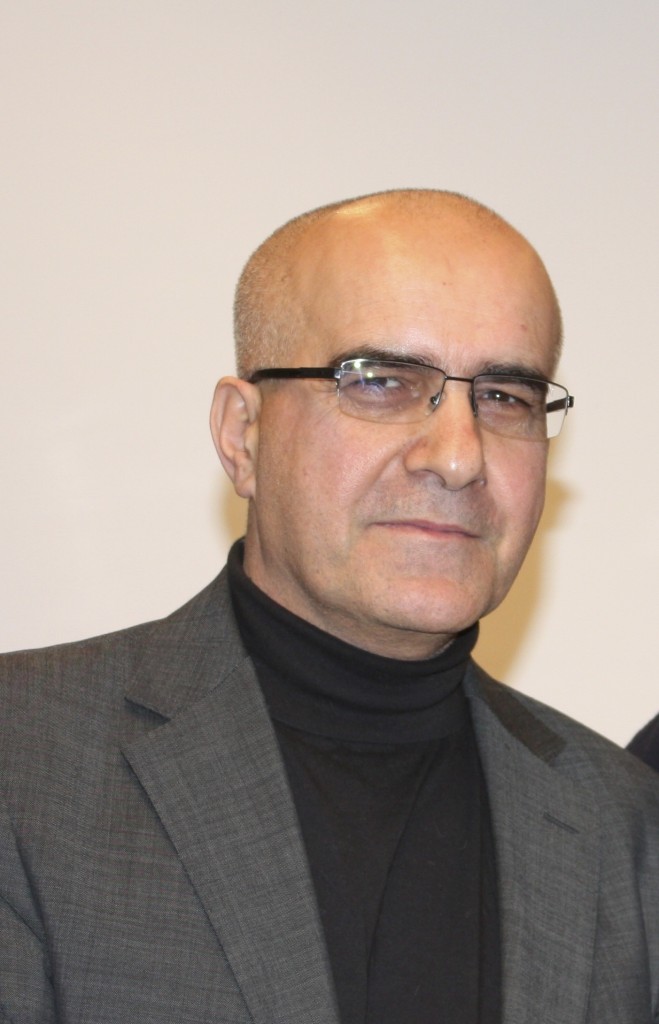Fueling financial independence in Kurdistan

June 9, 2014 is a day people in Kurdistan, Iraq, the Middle East, and most of the world will remember: Iraqi army units in the country’s second-largest city of Mosul melted away without fighting. The Islamic State of Iraq and Syria (ISIS) took control of major cities, oil fields, and border crossings between Iraq and Syria.
There are no accurate estimates of how many weapons, ammunitions, and military materials ended up in the hands of ISIS during that time, but the military display and the subsequent attacks were clear indications that we were witnessing the emergence of state machinery, rather than a usual terror group threatening military installations and government positions.
As areas controlled by the Kurdistan Regional Government (K.R.G.) descended into chaos, Kurdish military forces (Peshmerga) moved farther south in order to avoid potential humanitarian disasters, especially in areas with complex religious and ethnic minority makeups. More than half a million people fled to the Kurdistan Region.
Two months later, Kurds and international observers were surprised by the firepower and determination of ISIS when it attacked several areas held by Peshmerga forces. Kurdish leaders, as well as American decision-makers, were shocked by the military imbalance. Weapons and military material in the hands of Peshmerga were inferior to the American advanced weapons that ISIS had captured in June. A humanitarian disaster unfolded quickly.
The worst happened to the Yazidi minority community in and around Mount Sinjar. For many in Kurdistan, this brought back memories of the mass exodus of 1991, when hundreds of thousands were stranded on the Turkish and Iranian borders. At that time, the anti-Saddam Hussein coalition created a safe-haven for the Kurds to return to.
This summer, many governments moved in a similar direction. The Obama administration gradually decided to help desperate Yazidi civilians. The European Union’s Foreign Affairs Council took an unprecedented step by allowing member states to send military material to Kurdistan. Several governments decided to join a “coalition of the willing” to fight ISIS and save the Kurdistan Region from potential destruction.
During all of this, the Iraqi government displayed what many suspected it would. The K.R.G. now shares a 650-mile border with ISIS, yet the Maliki and Abadi governments have shown no sign of solidarity. In fact, they have added to the K.R.G.’s burden in these critical times.
The cost of fighting ISIS on several fronts, as well as the humanitarian burden of having more than 1.5 million internally displaced in the Kurdistan Region to look after, has put the K.R.G.’s economy under tremendous pressure.
The “unified” federal government is making the situation worse every day through continuous economic war against the K.R.G., which the Maliki government started at the beginning of 2014.
As if this were not enough, Iraqi government agencies do everything in their power to prevent the K.R.G. from selling extracted oil to international buyers. Even worse, American government officials, willing to help Kurdistan in the battle against ISIS, are helping the Iraqi government cripple the nascent Kurdish economy by supporting, directly and indirectly, the Iraqi position on oil.
This is an extreme paradox. On the one hand, the “coalition of the willing” is helping the Kurdistan Region survive militarily, while on the other, the American and Iraqi governments are puncturing the economic wheel of Kurdistan so that it struggles to survive daily.
It is time to change that policy. Instead of playing on the fear factor of separation from Iraq, the United States should encourage the economic independence of the K.R.G. within the Iraqi federation by facilitating the sale of Kurdistan’s oil to international buyers.
An economically stronger Kurdistan Region will be crucial in the coming years to bring the Sunni Arab areas back to the negotiating table, and an economically prosperous Kurdistan will no doubt help Mosul and other adjacent provinces use their oil for the benefit of their people.
It is time to make oil revenue a survival tool for Kurdistan. If Kurdistan does not gain financial strength, the same governments that are protecting the region now will undermine its democratic process.
-- written by Dr. Khaled Salih, provided to BBJ by The MarkNews
Dr. Khaled Salih had personal involvement in the development of the Transitional Administrative Law (Iraq's post-war interim constitution), and was the advisor to the Kurdish negotiators for the drafting of the permanent constitution of Iraq. He is now Vice Chancellor at the University of Kurdistan Hewler.
SUPPORT THE BUDAPEST BUSINESS JOURNAL
Producing journalism that is worthy of the name is a costly business. For 27 years, the publishers, editors and reporters of the Budapest Business Journal have striven to bring you business news that works, information that you can trust, that is factual, accurate and presented without fear or favor.
Newspaper organizations across the globe have struggled to find a business model that allows them to continue to excel, without compromising their ability to perform. Most recently, some have experimented with the idea of involving their most important stakeholders, their readers.
We would like to offer that same opportunity to our readers. We would like to invite you to help us deliver the quality business journalism you require. Hit our Support the BBJ button and you can choose the how much and how often you send us your contributions.








